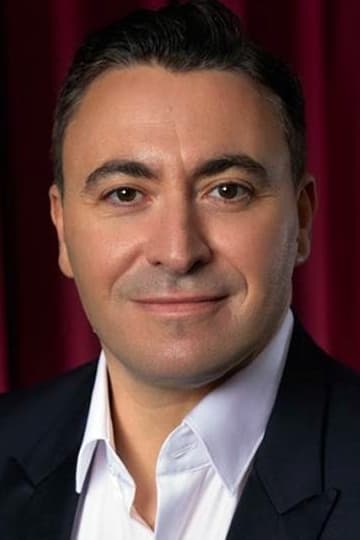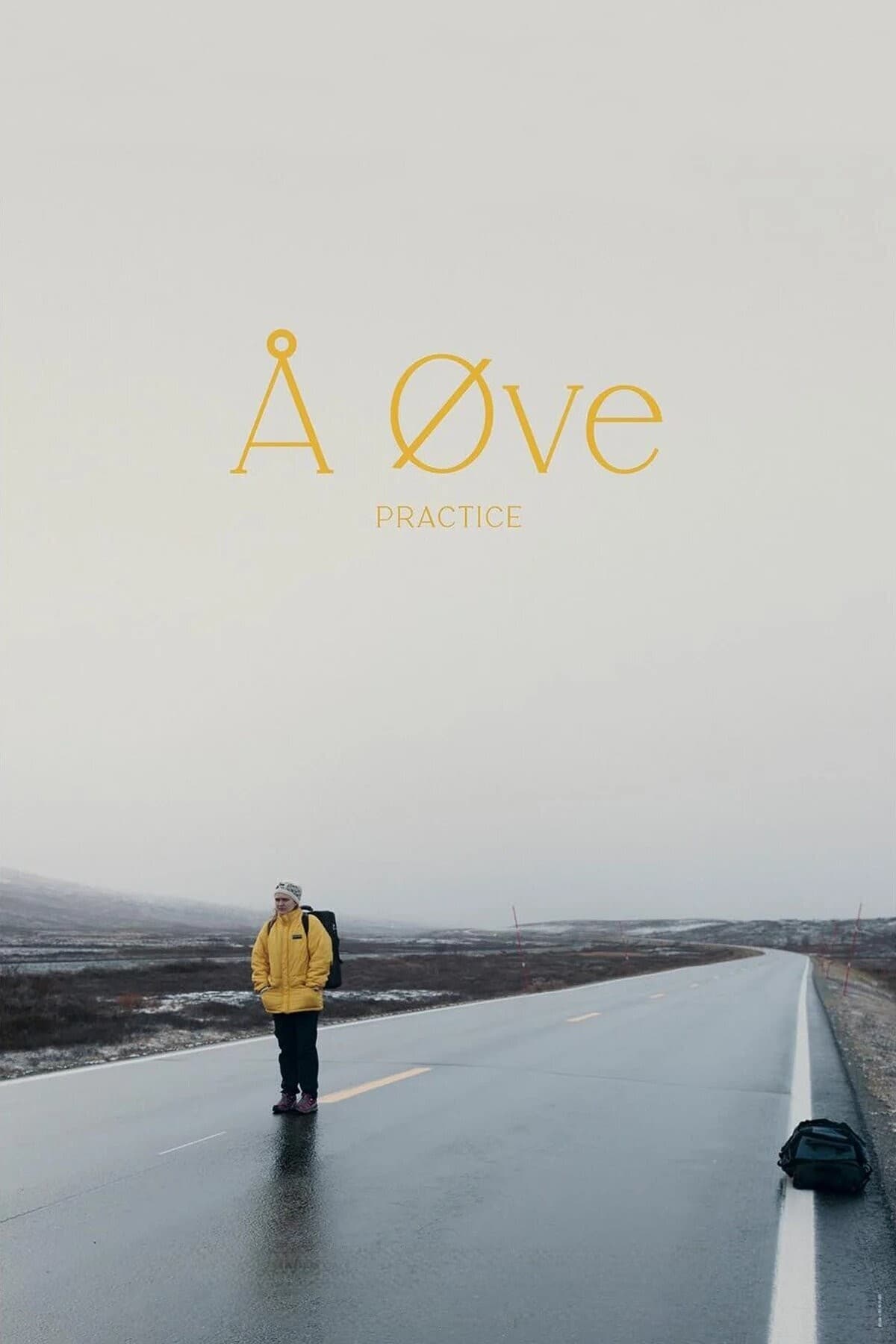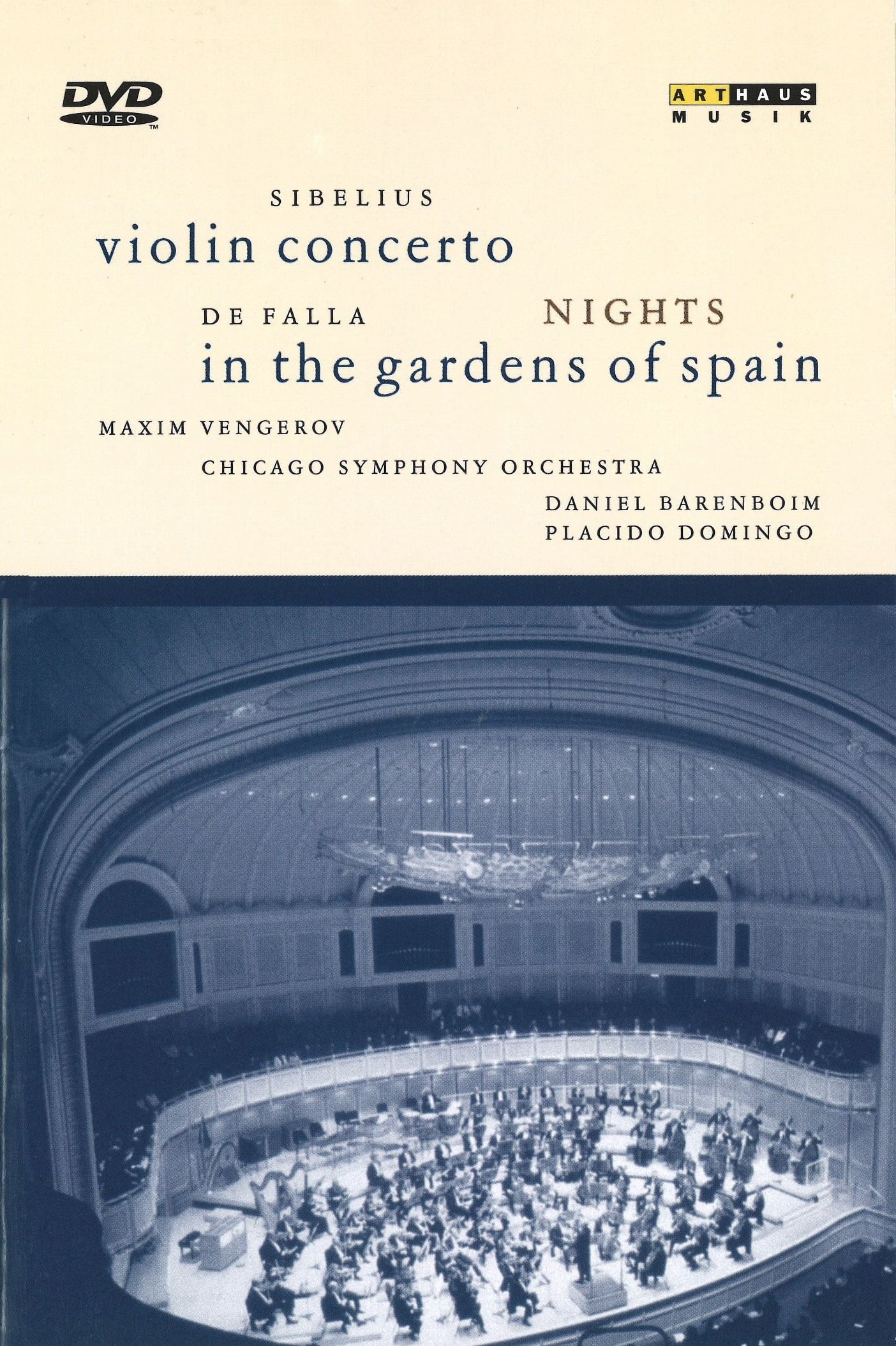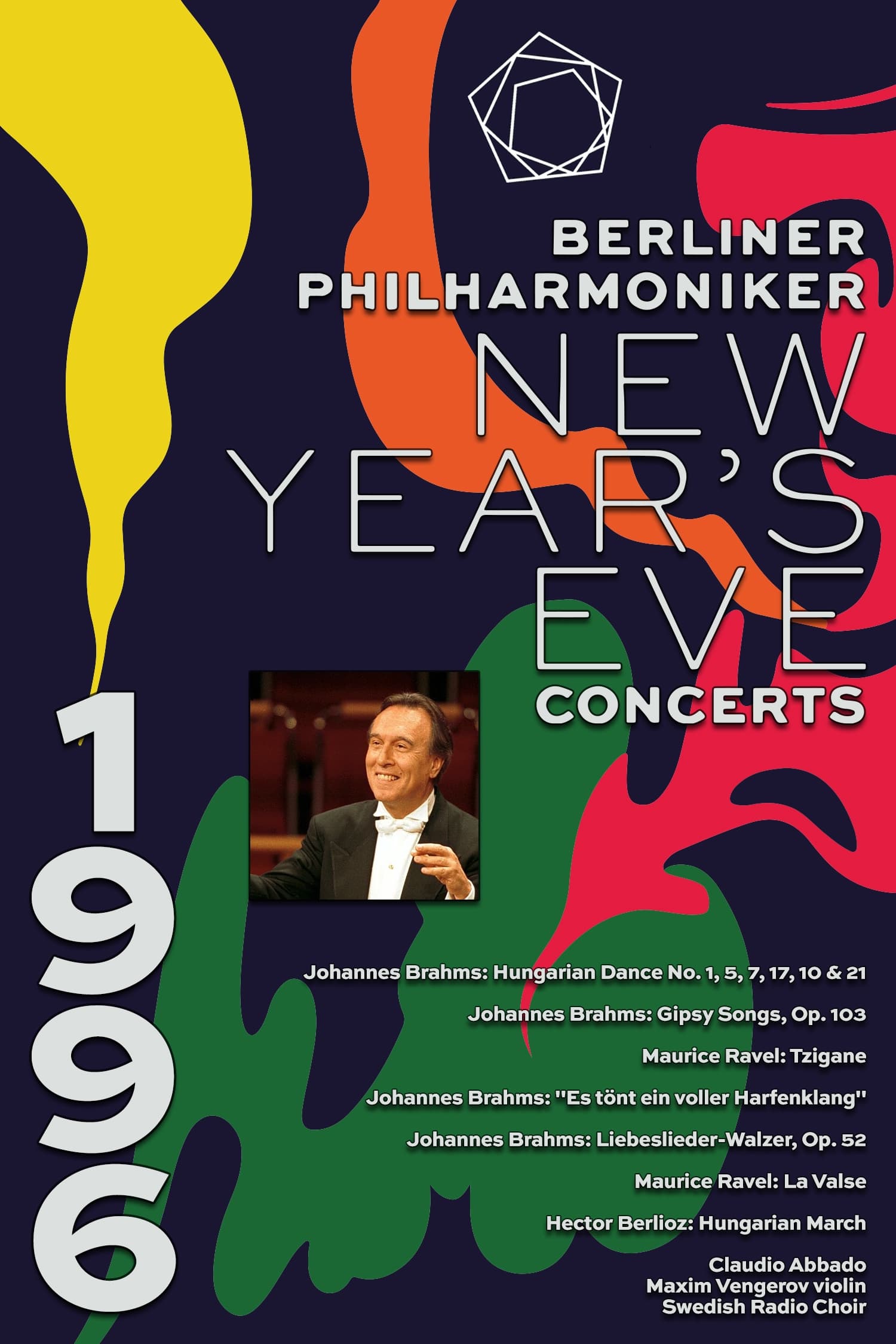

Trine refuses to fly. When the 18-year-old environmental activist and trumpet talent only has a few days to travel 1500 km from Lofoten to Oslo in order to reach a crucial audition at the Opera House, she is forced to hitchhike, despite great time pressure. Suddenly, her passion for music and environmental idealism is set against each other. Å ØVE (TO PRACTICE) is a film that explores resistance in passion, a deeply intimate encounter with music and the practice of listening to oneself.

Sibelius's solitary concerto is one of the most passionate tests for the violin virtuoso, one to which Maxim Vengerov is more than equal. He captures the work's passion and its occasional quirky patches of the spookily sublime. His performances of the "Sarabande" from the Bach Second Partita and the "Ballade" from Ysaye's Third Sonata are admirable encores demonstrating his range and his elegant control. Daniel Barenboim's piano performance of the de Falla Nights in the Gardens of Spain is equally virtuosic, bringing out the work's structure as well as its local color. Placido Domingo's conducting is solid and serviceable. Barenboim ends the concert with three de Falla orchestral showstoppers--the "Farruca" from The Three-Cornered Hat and the "Magic Circle" and "Ritual Fire Dance" from Love the Magician. The Chicago Symphony perform throughout with their usual vigor and fine orchestral color, but are particularly remarkable in these three encores

The annual New Year’s Eve Concert is one of the highlights in the calendar of every classical music fan in Berlin and beyond. On New Year‘s Eve, the Berliner Philharmoniker invite an exceptional soloist for a festive gala. Together, the musicians bid farewell to the old year and welcome the new. The 1996 concert was conducted by Claudio Abbado and featured Maxim Vengerov (violin) and the Swedish Radio Choir performing: Johannes Brahms: Hungarian Dance No. 1, 5, 7, 17, 10 & 21, Johannes Brahms: Gipsy Songs, Op. 103, Maurice Ravel: Tzigane, Johannes Brahms: "Es tönt ein voller Harfenklang", Johannes Brahms: Liebeslieder-Walzer, Op. 52, Maurice Ravel: La Valse, Hector Berlioz: Hungarian March.
Maxim Alexandrovich Vengerov (Russian: Максим Александрович Венгеров; born 20 August 1974) is a Soviet-born Israeli violinist, violist, and conductor. Classic FM has called him "one of the greatest violinists in the world". Vengerov was born in Novosibirsk, the only child of Aleksandr and Larisa Borisovna, an oboist and orphanage children's choir director, respectively. He began his musical journey early, singing in his mother's choir at the age of three and starting violin lessons at five with Galina Turchaninova. At age 10, Vengerov won the 1984 International Karol Lipiński and Henryk Wieniawski Young Violin Player Competition, marking the start of his career. He subsequently studied with Zakhar Bron, following him from the Soviet Union to the Royal Academy of Music in London and then to the Musikhochschule Lübeck in Germany. In 1990, Vengerov won the International Carl Flesch Competition, securing a recording contract with Teldec and launching his international career. Vengerov moved to Israel with his family in 1990, continuing his studies at the Jerusalem Academy of Music and Dance. In 2006, he founded the Musicians of Tomorrow school in northern Israel. His career also includes contributions as a conductor and educator, serving as the first chief conductor of the Menuhin Festival Gstaad Orchestra and holding professorships at institutions like the Royal College of Music in London. He has received numerous awards, including a Grammy and multiple Echo Music Prizes, and plays on the 1727 "ex-Kreutzer" Stradivarius violin. Vengerov was born in Novosibirsk, the only child of Aleksandr and Larisa Borisovna, oboist and orphanage children's choir director respectively, and is Jewish. He sang in his mother's choir from the age of three. He began studying the violin at age five with Galina Turchaninova. Upon meeting him, she asked: "Do you have strength in these hands?" The five-year-old punched her in the stomach as hard as he could. He said years later: "Fortunately, she was in a good mood that day, and she accepted me as a student." Lessons went badly at first. Turchaninova was very strict. At one point, Vengerov stubbornly refused to play for her for five straight lessons. She told his mother that she was dismissing him as a student. His mother began to cry, and upon seeing that, Vengerov picked up his violin and played 17 assigned pieces from memory without interruption. Even though he had refused to play at his lessons, he had been practicing. Turchaninova agreed to continue his lessons, saying: "Very well. A violinist like Maxim is born only once in a hundred years." At age 10, Vengerov won the 1984 International Karol Lipiński and Henryk Wieniawski Young Violin Player Competition in Lublin, Poland. Also that year, he recorded on the Russian label Melodiya, on LP stereo. At age 11, as part of the Tchaikovsky Competition opening concert, he recorded again on LP, but digital. He then went to London, where he recorded his first CD, for Biddulph Records. ... Source: Article "Maxim Vengerov" from Wikipedia in English, licensed under CC-BY-SA 3.0.
By browsing this website, you accept our cookies policy.